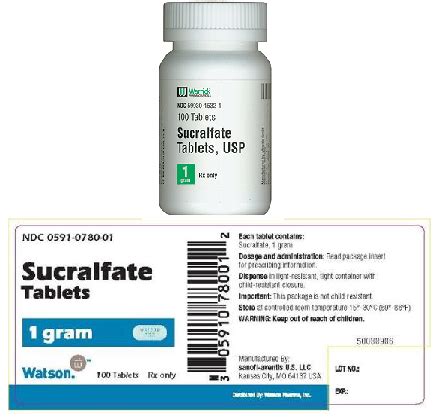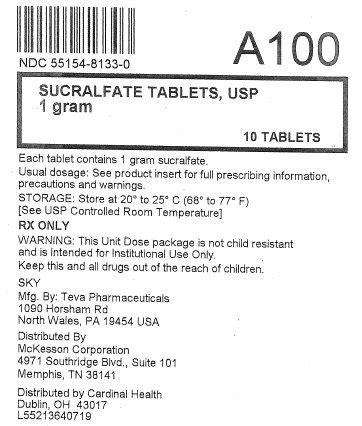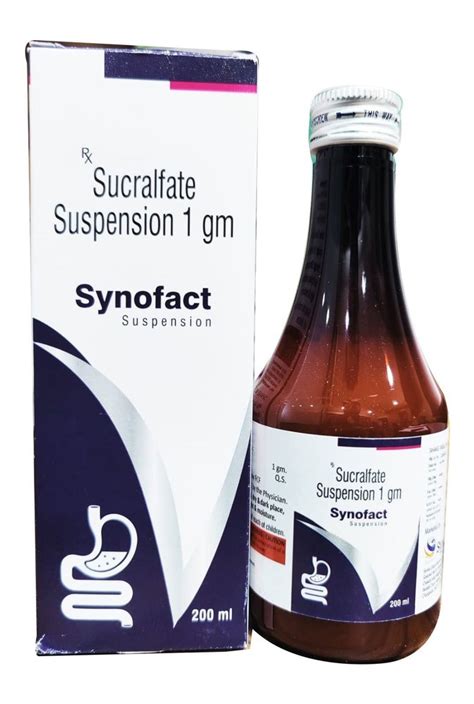Intro
Discover the benefits of sucralfate, a medication with various uses, including ulcer treatment, gastrointestinal protection, and wound healing, offering therapeutic advantages and health benefits.
The world of medicine is filled with various treatments and medications, each designed to address specific health issues. One such medication that has gained significant attention in recent years is sucralfate. This drug has been widely used to treat various gastrointestinal conditions, and its benefits extend beyond just healing ulcers. In this article, we will delve into the uses and benefits of sucralfate, exploring its mechanisms, applications, and the advantages it offers to patients.
Sucralfate is a medication that belongs to the class of drugs known as gastroprotective agents. It works by forming a protective barrier over ulcers, primarily in the stomach and intestines, to prevent further irritation and allow the ulcer to heal. This medication has been used for decades to treat various gastrointestinal conditions, including stomach ulcers, duodenal ulcers, and gastroesophageal reflux disease (GERD). Its effectiveness in promoting healing and preventing recurrence has made it a staple in the treatment of these conditions.
The importance of sucralfate lies in its ability to provide relief to patients suffering from debilitating gastrointestinal symptoms. Conditions like stomach ulcers and GERD can significantly impact a person's quality of life, causing pain, discomfort, and difficulty eating. By using sucralfate, patients can experience significant relief from these symptoms, allowing them to return to their normal activities and enjoy a better quality of life. Furthermore, the medication's ability to prevent recurrence of ulcers makes it an essential tool in managing these conditions and reducing the risk of complications.
Sucralfate Mechanism of Action

Key Steps in Sucralfate Mechanism of Action
The key steps in the mechanism of action of sucralfate include: * Reaction with gastric acid to form a protective barrier * Adhesion to the ulcer site, protecting it from further irritation * Anti-inflammatory effects, reducing inflammation and promoting healing * Prevention of acid and pepsin penetration, allowing the ulcer to healSucralfate Uses

The medication is also used to prevent ulcers in patients at high risk, such as those taking NSAIDs or with a history of ulcers.
Sucralfate Administration
Sucralfate is typically administered orally, either as a tablet or liquid suspension. The medication should be taken on an empty stomach, at least 1 hour before meals, to ensure optimal absorption. The dosage and duration of treatment vary depending on the condition being treated and the patient's response to the medication.Sucralfate Benefits

Sucralfate Side Effects
While sucralfate is generally well-tolerated, it can cause some side effects, including: * Constipation * Diarrhea * Nausea and vomiting * Abdominal pain * HeadacheThese side effects are typically mild and temporary, resolving on their own within a few days.
Sucralfate Interactions

These interactions can affect the absorption and efficacy of sucralfate, and patients should inform their doctor of all medications they are taking before starting treatment.
Sucralfate Contraindications
Sucralfate is contraindicated in patients with: * Known hypersensitivity to sucralfate * Gastrointestinal obstruction * Bleeding disordersPatients with these conditions should not take sucralfate, as it can exacerbate their condition or increase the risk of complications.
Sucralfate Dosage

The duration of treatment varies depending on the condition being treated, but it is typically 4-8 weeks for acute treatment and 6-12 months for maintenance therapy.
Sucralfate Overdose
In case of overdose, patients should seek medical attention immediately. Symptoms of overdose include: * Abdominal pain * Nausea and vomiting * Diarrhea * ConstipationTreatment of overdose involves supportive care and monitoring of vital signs.
Sucralfate Pregnancy and Breastfeeding

Sucralfate Pediatric Use
Sucralfate is not approved for use in children under 12 years of age. However, it may be used off-label in children with severe gastrointestinal conditions, under the guidance of a pediatrician.Sucralfate Geriatric Use

Sucralfate Renal Impairment
Sucralfate is not significantly affected by renal impairment, but patients with severe renal impairment may require dose adjustments.Sucralfate Hepatic Impairment

Sucralfate Patient Counseling
Patients should be counseled on the proper use of sucralfate, including: * Taking the medication on an empty stomach, at least 1 hour before meals * Not taking antacids or other medications that may interact with sucralfate * Informing their doctor of all medications they are taking * Monitoring for signs of toxicity and reporting any adverse effects to their doctorWhat is sucralfate used for?
+Sucralfate is used to treat various gastrointestinal conditions, including stomach ulcers, duodenal ulcers, and gastroesophageal reflux disease (GERD).
How does sucralfate work?
+Sucralfate works by forming a protective barrier over ulcers, primarily in the stomach and intestines, to prevent further irritation and allow the ulcer to heal.
What are the benefits of sucralfate?
+The benefits of sucralfate include rapid relief from symptoms, effective healing of ulcers, prevention of recurrence, and anti-inflammatory effects.
What are the side effects of sucralfate?
+The side effects of sucralfate include constipation, diarrhea, nausea and vomiting, abdominal pain, and headache.
Can sucralfate be used during pregnancy and breastfeeding?
+Sucralfate is classified as a category B medication, meaning it is safe to use during pregnancy and breastfeeding. However, patients should inform their doctor if they are pregnant or breastfeeding before starting treatment.
In summary, sucralfate is a valuable medication that offers numerous benefits for patients suffering from gastrointestinal conditions. Its ability to provide rapid relief from symptoms, promote effective healing, and prevent recurrence makes it an essential tool in managing these conditions. By understanding the uses, benefits, and potential side effects of sucralfate, patients can make informed decisions about their treatment and work closely with their healthcare provider to achieve optimal results. We invite readers to share their experiences with sucralfate, ask questions, and engage in discussions about this important topic.
